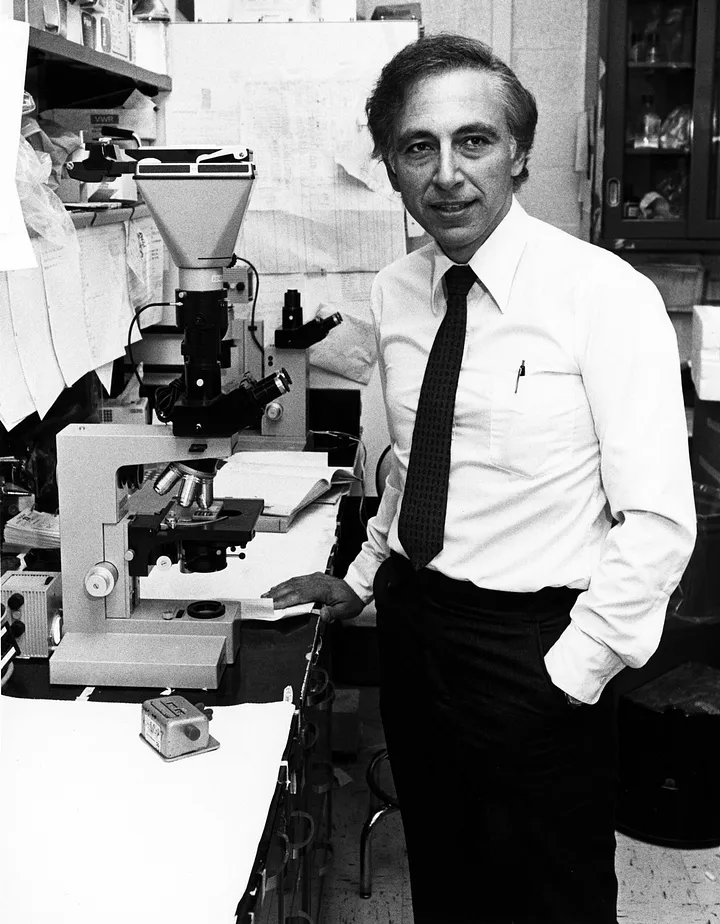The DuPont family, one of the oldest and most prominent industrial dynasties in the United States, has been the subject of numerous conspiracy theories for many years. The most prominent of these is the DuPont bloodline conspiracy theory, which posits that the family is a secret society with roots that stretch back to the European nobility and that they exert significant influence over the American government and financial system. While the theory has been widely discredited, it continues to capture the public imagination and raise questions about the role of wealthy families in shaping the world around us.
At its core, the DuPont bloodline conspiracy theory alleges that the family is a part of a larger network of elite families, including the Rothschilds, the Rockefellers, and the Morgans, who exert a vast and secret control over the world’s financial, political, and social systems. According to proponents of the theory, this control is exercised through a web of interlocking financial interests, political connections, and secret societies.
The theory has been fueled by various pieces of evidence, including the existence of secret societies within the DuPont family and their political and financial influence. The family has a long history of political involvement, with members serving in high-level government positions and on the boards of major corporations. The DuPont family has also been a significant contributor to political campaigns, including both Democratic and Republican candidates.
Despite the apparent evidence, however, there is little concrete proof to support the claims made in the DuPont bloodline conspiracy theory. The family has been the subject of numerous investigations and audits, and there is no evidence of any illegal or unethical behavior on their part. Furthermore, the idea that a single family could exert such a vast and secretive control over the world is widely regarded as unlikely and unsupported by the available evidence.
While the DuPont bloodline conspiracy theory may be a product of speculation and exaggeration, it raises important questions about the role of wealthy families in shaping the world around us. Whether it is through political influence, charitable donations, or other means, the influence of wealthy individuals and families on society cannot be ignored. In this sense, the DuPont bloodline conspiracy theory serves as a reminder of the power that wealth and privilege can hold and the need for transparency and accountability in all areas of society, including the actions of the wealthy and influential.
In conclusion, the DuPont bloodline conspiracy theory is a complex and controversial subject that has captivated the public imagination for many years. While the claims made by proponents of the theory are largely unsupported by the available evidence, the theory raises important questions about the role of wealth and privilege in shaping society. Regardless of the veracity of the claims, the DuPont bloodline conspiracy theory serves as a reminder of the need for transparency and accountability in all areas of society, including the actions of the wealthy and influential.












